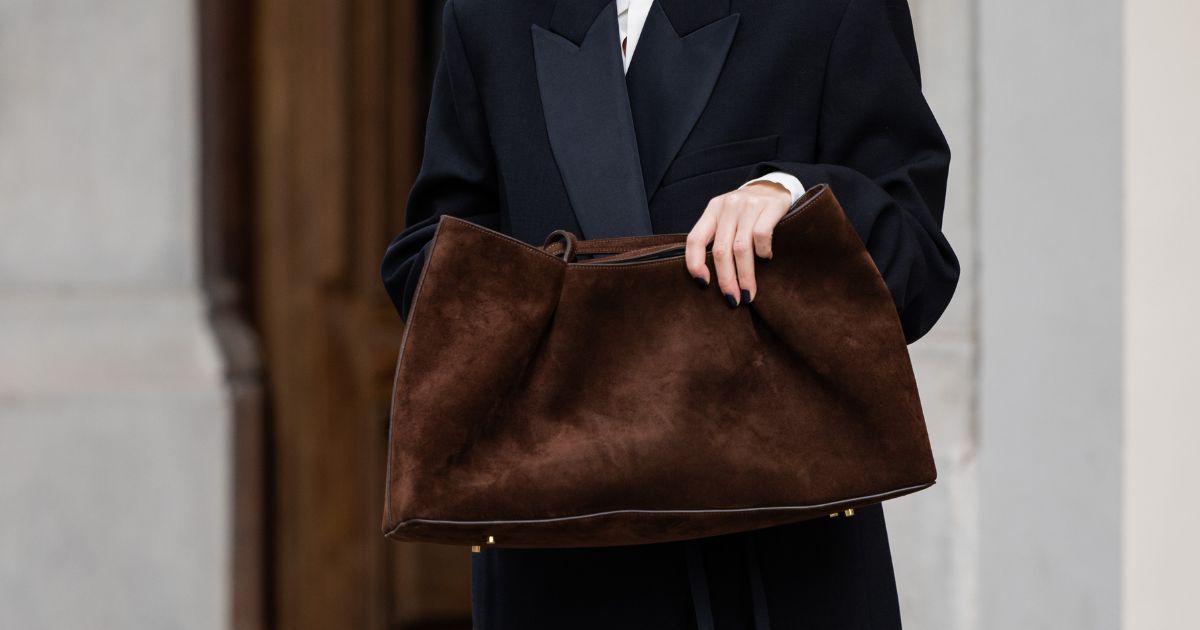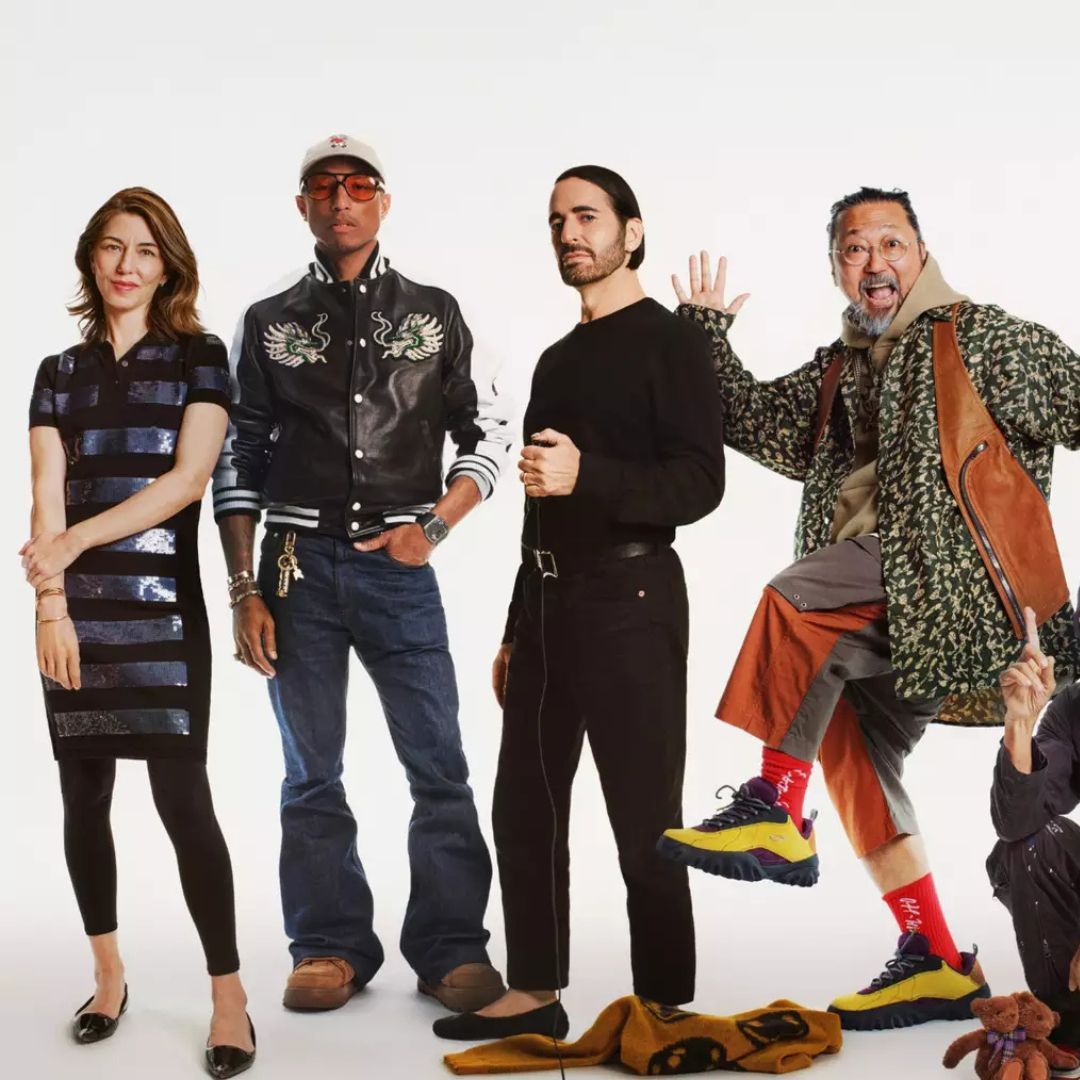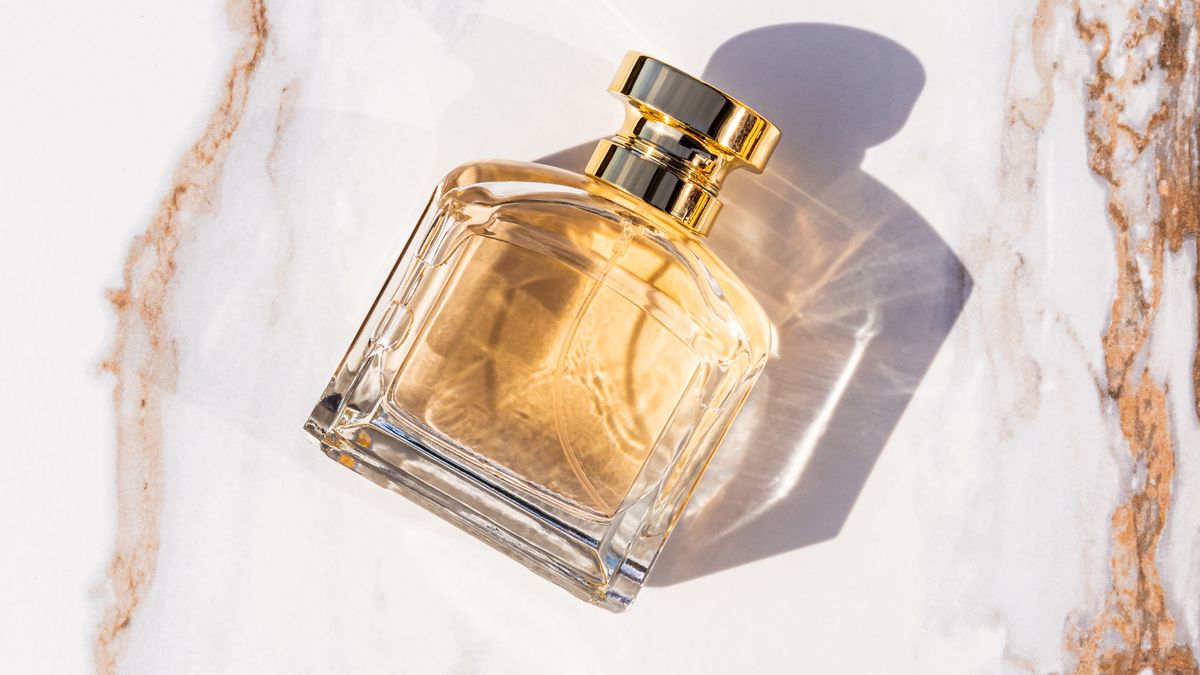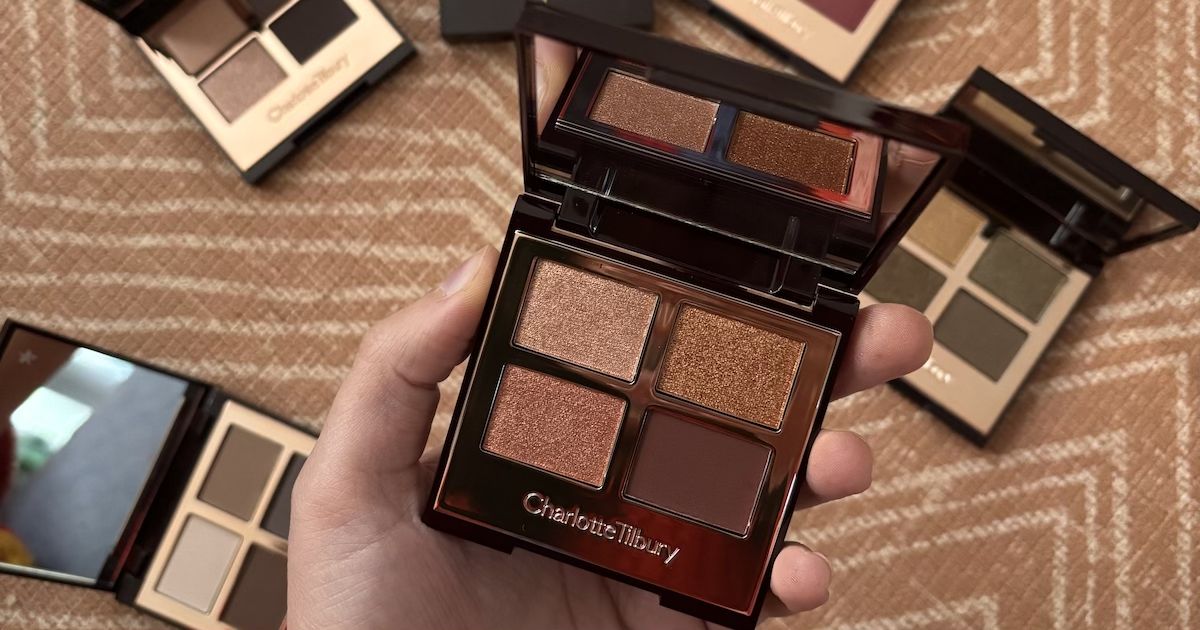A HUGE chart-topping music star has turned his back on fame and is earning nothing from his hit single, even though it has reached billions of streams.
Best known for his 2011 track Somebody That I Used to Know, Gotye rejected a massive fortune from royalties and its 2.3bn YouTube views, despite it being the year's bestseller.

3
Born Wouter André 'Wally' De Backer, the Belgian-Australian singer prioritised others over his own financial gain when it came to the song.
In a revelation from 2017, Gotye disclosed that he chose not to include pre-roll ads on his YouTube channel, meaning he has earned nothing from the views of his music video.
He explained to news.com.au: "I'm not interested in selling my music.
"That's the reason I don't put ads on my YouTube channel, which seems strange to people in today's climate, but that is a decision you can make.
"I'm like that with all my music. Ads are calling for our attention anywhere we turn in the world."
Additionally, Gotye has refrained from licensing his music for commercial use in films and TV shows.
He expressed a preference for allowing emerging artists to use his song free of charge, saying, "I don't mind synching my music with creative projects like TV or film.
"I've got my own set of rules I made; if a student film wants to use my film, I say yes across the board, there's no money involved.
"If someone wants to use it commercially, I look at what the budget is and the creativity of the project."
Despite this, any revenue Gotye does earn from the song is divided among several parties.
Noughties pop star looks like she’s ageing backwards as she strips off 11 years after global smash hit
The track's guitar riff is derived from the 1967 song "Seville," composed by Brazilian artist Luiz Bonfa.
Furthermore, Gotye shares royalties with other contributors, including Kimbra, who is featured on the song.
Even though only a brief two seconds of the original song were sampled, Gotye must allocate half of the royalties to Bonfa's estate.
The track's distinctive melody, played on a xylophone, is also reminiscent of the nursery rhyme, Baa, Baa, Black Sheep, which may sound familiar to listeners.
In addition to releasing music with his band The Basics, he has established two record labels, Forgotten Futures and Spirit Level.
He is also dedicated to preserving the legacy of French electronic-music pioneer Jean-Jacques Perrey, having acquired two vintage electronic keyboards and founded the Ondioline Orchestra in New York.
In an interview with Broadsheet in 2018, he said, "You can dial in an incredibly wide range of sounds on the ondioline, and the unique mechanics for playing it allow you to create sounds very sensitively and with a musical deftness I just feel isn't present on most other electronic instruments from the '40s - or decades since."
Recently, it was revealed that Gotye had been working on his fourth album, despite his band's previous announcement of a "happy if melancholy goodbye" to touring.
They wrote on Facebook: "There are still so many places we wanted to go and people we'd like to meet, but with two young families and a medical career between us (not to mention two solo projects and a live music venue on top of this!), there's just this sense that it was time to draw a line in the sand."
It was also noted that they would not stage a final concert or announce a farewell tour to avoid capitalising on the situation, adding: "We've always tried to be as genuine as possible, and so with respect to our decision, have no such finale to offer.
"Hopefully, in years to come when all the kids are grown up, we can play again.
"And of course, we look forward to bringing you a new Basics record at some stage, plus new stuff from Wally and Kris."

3

3




















 English (US) ·
English (US) ·